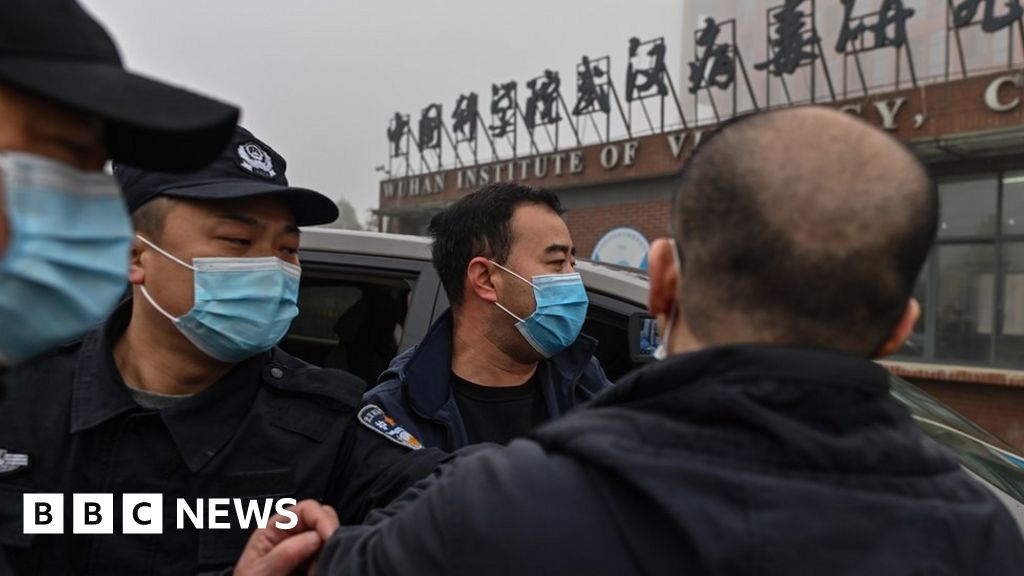They have a bat breeding area in the lab and were conducting gain of function experiments. So they is a very good chance the created the crossover and it got out. The lab apoarently wasn't set up properly with the right security.I think that's fair. (It may even do so formally but that's way outside my stats geek knowledge.)
Since the Razor is kind of ad hoc, it depends a lot on what you consider complex and that's obviously going to be subjective, I agree.
Actually, this brings up a point that partially explains some of the controversy.
There are kind of two ways to approach the problem and they will affect how different pieces of evidence move you.
One is like a null hypothesis. This is how I'm approaching it. The vast majority of diseases and outbreaks are from zoonotic spillover so that's the default assumption unless evidence shows up we should reject it.
The other is more like choosing between two theories. There are two theories and we are amassing competing evidence. That seems to be how you and others are approaching it.
(I'm sure some people are doing null hypothesis with lab as the default, but I don't think they are that common.)
They will both lead to the same answer in the end if evidence is strong. (If we find lab notes describing the May, 2019 collection and study of a virus with 99%+ similarity to SARS-CoV-2 then I like to think everyone will agree the laboratory escape theory becomes pretty much proven.) But the gray area stuff is going to move people differently. From a null hypothesis, a vague piece of evidence becomes "interesting, but doesn't really move the needle to reject the null" while from a competing theory version it might be "this adds some wait to the Theory B pile".
Here I disagree with you.
Adding all those factors does make it a more complex theory.
But Occam doesn't say to reject the more complex theory - it says to pick the simpler one if other things are equal. (Well, there are lots of versions of the thing.)
As more evidence comes in, things get less equal.
And that seems fine. I disagree with Nate's priors here. I think 50 is way too high. (Also, I think Nate is kind of terrible outside of poll aggregation and sports stats.)
With both of you at 50 (more or less) you're going to react to ambiguous evidence more than I will because I'm at the further end of the scale waiting for a reason to reject the null hypothesis.
Since I doubt we will get anything like a definitive answer anytime soon, we are likely to disagree for quite some time.
Sure as hell isn't the first time a Chinese business skirted safety policies.










